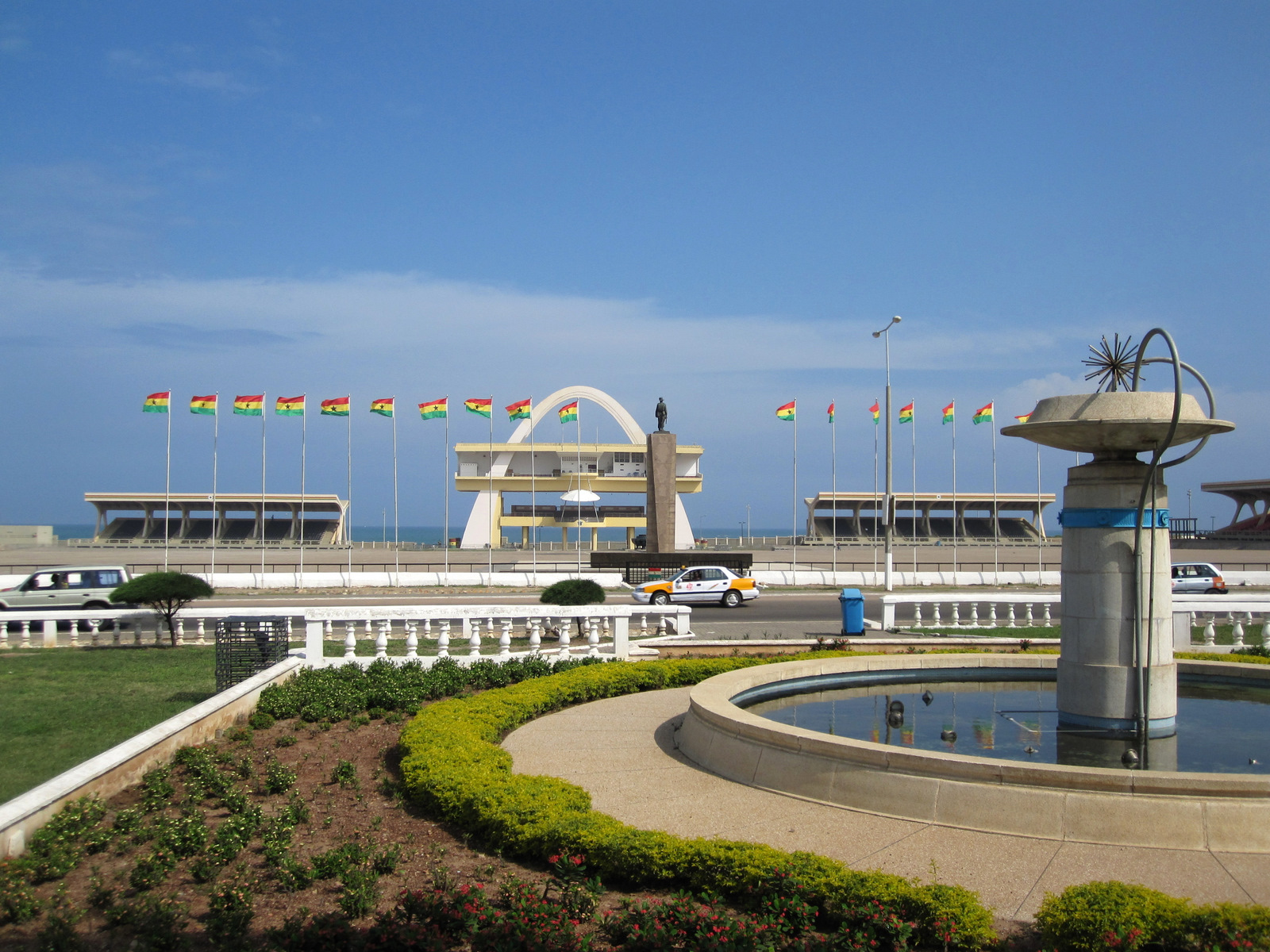A couple of business leaders and celebrities like Mark Zuckerberg, Bono, Bill Gates, Richard Branson, amongst others, signed a declaration challenging world leaders to make the internet available to the whole world by 2020.
As ambitious as this may seem, it’s still within reach. Google is working on Project Loon – a fleet of high-altitude balloons designed to bring the Internet to remote areas. Facebook has started building flying Wi-Fi hotspots supplied by solar-powered drones and OneWeb – backed by Richard Branson, plans to launch hundreds of low-orbit satellites.
Yesterday, Google announced the introduction of its Project Link initiative to Ghana. The initiative which already provides broadband Internet to Kampala, the capital of Uganda, will provide fiber optic network in two cities in Ghana – Accra and Kumasi creating access to the millions of people living in these cities.
Google Ghana country manager Estelle Akofio-Sowah commented saying “The goal is to bring abundant Internet access to the people who need it most,”
Google broke ground on the new 1,000-kilometer fiber network in June and is on track to offer the service to its first customers by the end of 2016, according to Akofio-Sowah.Project Link sells broadband capacity to other Internet service providers and mobile carriers. It’s different from Google Fibre which sells broadband capacity to consumers in some American cities. Project Link provides internet services to developing nations via old fashioned underground pipes full of cables. This method is considered to be a more cost effective method as opposed to the use of satellites and drones.
In recent years, companies like Seacom and Main One have helped improve Africa’s broadband capacity through the use of undersea cables.
But a different problem lies in bringing that capacity from the coast into African cities and that’s the issue that Project Link is trying to solve. Google isn’t the only one who has identified this problem. Liquid Telecom, a Mauritius-based company, is working on supplying broad band to countries like Zambia. Hopefully, Google’s attempt to bridge this gap will also attract more investments to Africa.
There wasn’t much buzz about the first Project Link network was announced in late 2013 and brought more broadband to Uganda. Ghana is believed to be a better connected country,
Before joining Google, the managing director of Ghanaian Internet service provider – Busy Internet – Akofio-Sowah, says that Internet capacity hasn’t really reached the public yet and that Internet access in the country is still too unreliable and inexpensive for most. “There are people who want to use the Internet, build apps, run their businesses online,” she says. “But they simply can’t.”
Project Link’s provision of more broadband to central cities in Ghana will make Internet connections cheaper and more reliable in those cities. However, there might be room for Project Loon which would be useful for bringing Internet access to more remote parts of the country through flying balloons.






